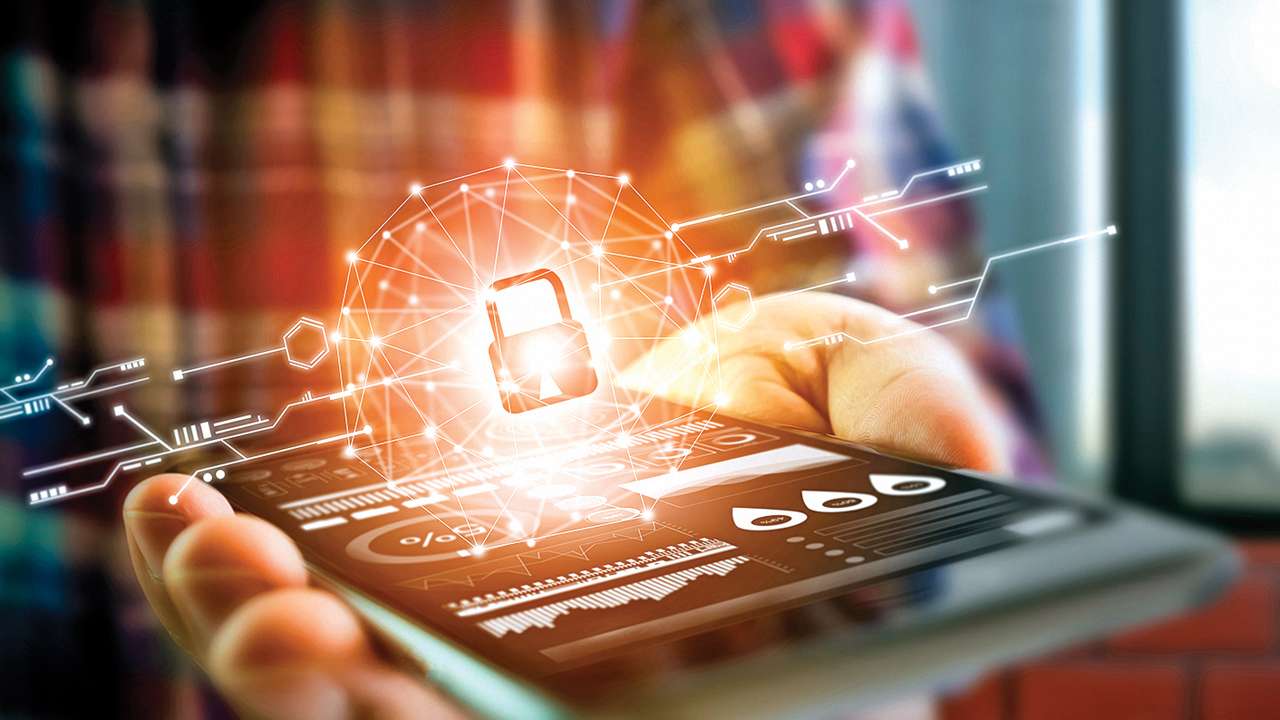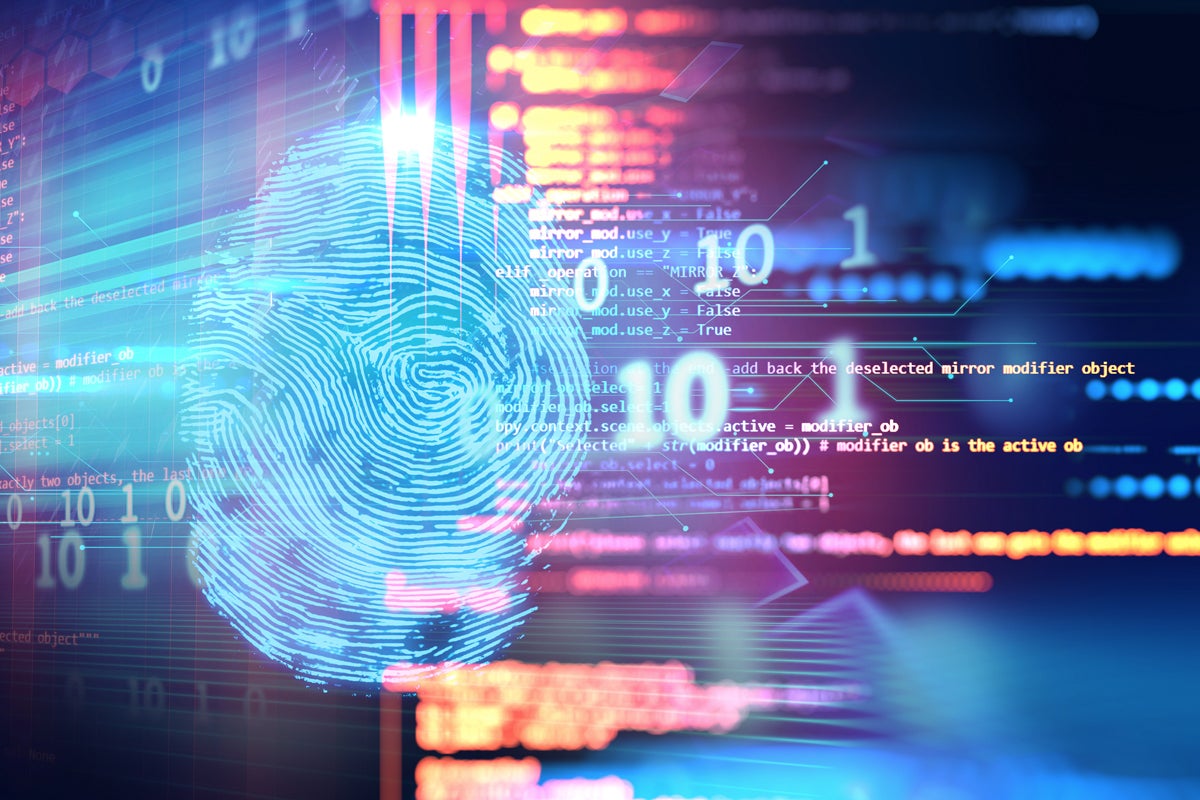Scammers are creative, they seem to be
coming up with new scams every week – and people always seem to fall for them!

In the past few years, large amounts of
package tracking scams have popped up. The scam will include an email trying to
convince you to click a link or give out your private information. Most of the
time the email will advise you that there is a shipping problem and you need to
take some steps to clear the package that you didn’t even know you were receiving.
Even though most of these scams are easy to
spot because of their awful English spelling and grammar, some are so well done
that they can be difficult to spot. Keep an eye out for these signs so you do
not fall victim to a tracking scam…
- Odd URLs
- Requests to input your private information
- Requests to click a link
- Email messages starting with “Dear Customer”, etc.
- Requests to input your private information
- Requests to click a link
- Email messages starting with “Dear Customer”, etc.
NEVER give out any information about
yourself and never click on links in an email, no matter how real it may look!
The bottom line is if you are not expecting
a package and someone invites you to click a link to track a shipment of a
brand new iPhone you never ordered – delete the message and move on!
At TCG Digital Forensics, we do all forms of digital forensics services such as cyber forensics, hacking recovery, cellular phone analysis and digital track and tracing! Give us a call on 021 110 0422 or email contact@tcgforensics.co.za to discuss your specific requirements.




